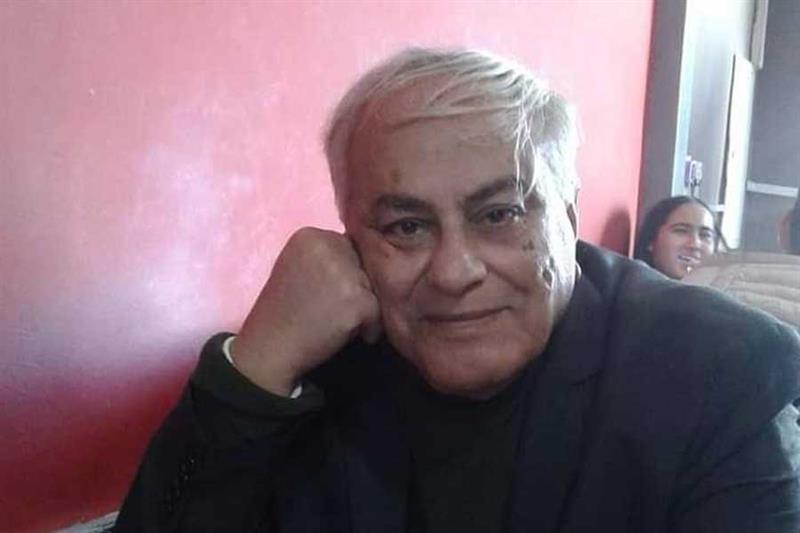Iraqi writer Abdul Rahman Majeed Al-Rubaie passes away at 83.
The news was confirmed by his friend and fellow writer, Waheed Al-Taweelah, who shared his condolences on Facebook.
Born in Nasiriyah, Iraq, in 1939, Al-Rubaie was considered one of Iraq’s most important contemporary writers.
He was known for his honest and emotionally rich depictions of the human condition in Iraq.
He authored several novels, short stories, plays, and poems that focused on themes of social justice, political commentary, and everyday struggles in Iraq.
Al-Rubaie was a versatile artist who practiced teaching, journalism, and diplomatic work in Lebanon and Tunisia.
He was also a member of the Iraqi Writers Union, the Journalists Syndicate in Iraq, and the Fine Artists Association in Iraq.
His acclaimed novel Al-Washm [The Tattoo], excerpted in Banipal No 17, has been reprinted six times in Morocco but was never published in Saddam’s Iraq.
Al-Rubaie’s contributions to Iraqi literature were widely acclaimed, and he received numerous awards and accolades throughout his life.
In addition to his acclaimed novels, such as “Tattoos” and “Rivers,” Al-Rubaie also wrote plays that were staged in Iraq and abroad.
His play “The City of Strangers” was performed in Baghdad in the 1970s and was later staged in Tunisia and Lebanon.
Another play, “The Game of Assassination,” was performed in Baghdad in 1985 and explored the dark side of Iraqi politics.
Al-Rubaie’s poetry was equally celebrated.
His collections such as “For Love and the Impossible” and “Shahryar Sailing” showcase his lyrical and reflective style.
His poetry often delved into themes of love, loss, and the beauty of the natural world.
Throughout his career, Al-Rubaie was a strong advocate for freedom of expression and the power of literature to promote social change.
He was vocal about the importance of writers and intellectuals in shaping public discourse, and he often used his writing to challenge prevailing attitudes and norms.
Al-Rubaie’s work has been translated into several languages and has received critical acclaim both in Iraq and abroad.
His contributions to Iraqi literature have left an indelible mark on the country’s cultural landscape.
source/contents: english.ahram.org.eg (headline edited)
___________

Iraqi writer Abdul Rahman Majeed Al-Rubaie
_______
IRAQ